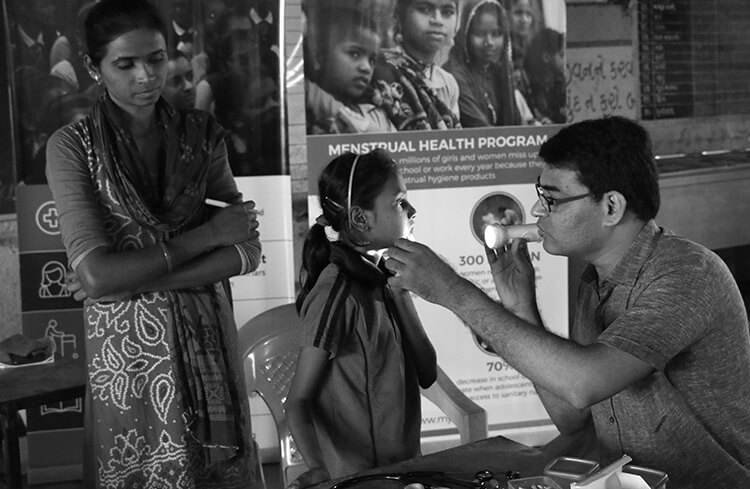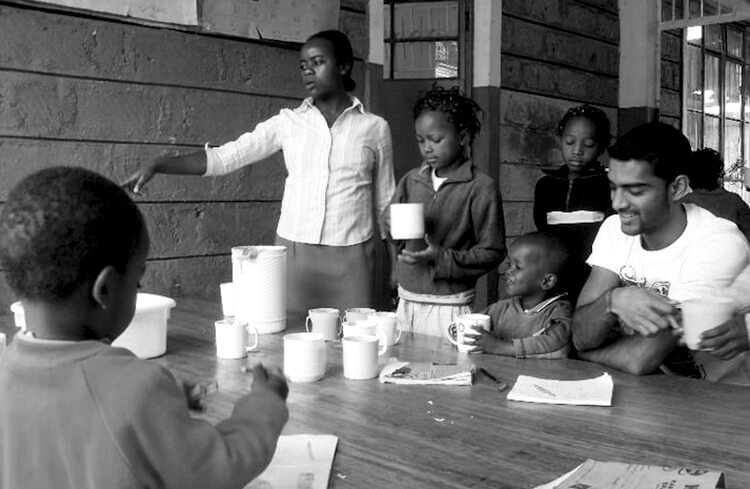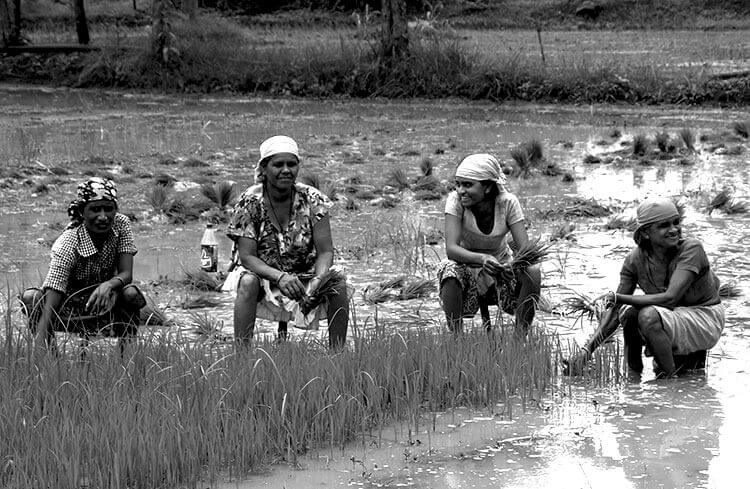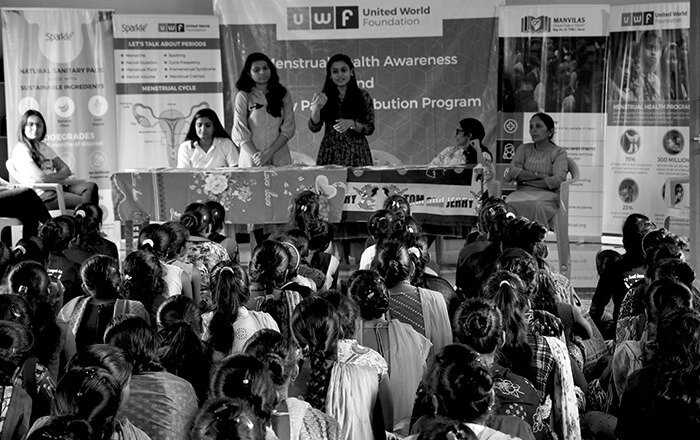Hetal Virani
Co-Founder
(C.A., C.S., C.W.A., L.L.B., and B. Com.)
Hetal Virani co-founded United World Foundation with her husband, Chirag Virani, in February 2017. Along with Chirag, she shapes the foundation's strategies, reviews results, and sets the overall direction of the organization.
Hetal has brought her rich experience and expertise in the field of finance and law to effectively lead the foundation's key operations. For each initiative we undertake, Hetal carefully evaluates challenges and opportunities before approving the projects where we can make maximum possible impact with our current skillsets, knowledge and available resources. She dedicates a significant portion of her time building strategic partnerships and meaningful relationships with individuals, communities, non-profits, private philanthropists, academic institutes, corporations and government sectors to reduce inequity in India and around the world.
Guided by the belief that empowering young girls and women can lead to a sustainable change in families, communities and societies, Hetal has developed Menstrual Hygiene Program to break the social stigma surrounding menstruation and promote gender equality. By distributing sanitary napkins to underprivileged young girls and women in rural communities, the program ensures that they can have an equal opportunity to reach their full potential at both school and work.
Hetal earned her C.A. from the Institute of Chartered Accountants of India and C.W.A. from the Institute of Cost Accountants of India. She holds a C.S. from the Institute of Company Secretaries of India as well as a Bachelor of Law and a Bachelor of Commerce from Veer Narmad South Gujarat University, India.
Chirag Virani
Co-Founder
(M.B.A, B. Eng. Mechanical)
Chirag Virani co-founded United World Foundation with his wife, Hetal Virani, in February 2017 with a clearly defined vision, strategic goals and implementation plans for the next fifty years.
Along with Hetal, he guides the vision and strategic direction of the foundation. Chirag's key area of focus is to identify unique challenges that are not effectively addressed by the market or the government and to develop strategies that accelerate the pace of social progress. Chirag has a diverse academic background and professional experience from multiple North American, European, and African and Asian countries. He works together with Hetal to address complex and multi-dimensional challenges by building replicable and scalable models of sustainable development.
As a third generation farmer, Chirag firmly believes that everyone deserves healthy food that is produced without using synthetic chemical fertilizers and harmful pesticides. He has developed Sustainable Agriculture Program that focuses on improving livelihood of small farmers in rural communities and promoting organic farming. The program aims to empower farmers by sharing eco-friendly and innovative farming practices and distributing eco-friendly agriculture inputs that can maximize their crop yield and over all income.
Chirag earned his Bachelor's degree in Mechanical Engineering from McMaster University, Ontario, Canada, a Master in Business Administration from Ryerson University, Ontario, Canada and a post graduate diploma in Business Administration from University of California - Berkeley.






